HEIDELBERG, Germany - Twelve Army firefighters from fire stations in Germersheim, Miesau and Baumholder were among 20 "students" graduating Dec. 12 in Koblenz for completion of industrial firefighter (Werkfeuerwehrmann) certification training provided by the State of Rheinland-Pfalz, as additional training beyond their regular personal qualification.
The graduation ceremony held at the State of Rheinland-Pfalz firefighting academy marked the first time that U.S. Army firefighters participated in the18-month-long certification classes, said Pete Horcasitas, Division Chief, Installation Management Command-Europe's Emergency Services.
Additionally, the firefighters performed all tests and skills to qualify them for the state fire association performance badge.
"This effort required contribution from every party involved and was of mutual benefit to all. This was a huge, huge effort the host nation did for us," said Lt. Col. Carol McKinney, U.S. Army Europe, deputy Provost Marshal. "Our unique relationship with the State of Rheinland-Pfalz affords Army in Europe a great opportunity to improve firefighting performance and strengthen USAG community relationships."
That sentiment is shared by State Fire Association (Feuerwehrverband) chairman Otto FAfA1/4rst, who said, "We view this opportunity to train alongside the U.S. Army firefighters as a frugal investment in the safety of our communities and an investment in our continued friendship."
Rheinland-Pfalz is currently the only German state providing this ancillary training opportunity to U.S. Army firefighters, explained Sigurd Mack, IMCOM-Europe Fire Protection Specialist.
Mack said that both the U.S. and host nation firefighters benefit from the training partnership. For example, the specialized training will improve the ability of Army fire departments to operate in an overseas environment together with host nation firefighters.
"By participating in the training, firefighters obtain a thorough knowledge regarding the host nation concept of operation regarding the operational as well as the administrative side," he said. "This additional training certification benefits our fire fighters and increases our capability to interact with host nation fire departments, as well as learning and exchanging ideas regarding host nation concepts of operation.
The employees also benefit, Mack said, because they obtain advanced specialized training thereby enhancing future career opportunities.
This class is open to Army in Europe firefighters who are currently employed in the state of Rheinland-Pfalz, which includes fire stations in Miesau (U.S. Army Garrison Kaiserslautern), Germersheim (USAG Heidelberg), and Baumholder (USAG Hessen).
"Training and subsequent certification is considered to be highly beneficial to the employees, as well as to the operational readiness of our IMCOM-Europe fire departments," said Mack, who explained that the training is not listed in the training requirements of DoD but it provide vital skills and capabilities that round out a firefighter's professional skill set for performing in an OCONUS environment.
The training, he said, is a useful augmentation to adapt to the OCONUS environment. U.S. Army Fire Departments are required to operate and train in accordance with DoD mandated IFSTA an NFPA standards as well as those standards governing Host Nation occupational safety and health guidelines.
The training program normally requires 24 months of training in order to meet the regulatory requirements for the State of Rheinland-Pfalz, said Mack. However, because U.S. firefighters are already extremely well trained to U.S. standards, routinely cooperate with host nation fire departments and usually already possess several host nation certifications, individuals can expect to receive the Industrial Fire Fighter certification in just 18 months.
The 18-month training process consists of 12-15 weeks of classroom training located in various cities of the State of Rheinland-Pfalz. The curriculum consists of academics, supporting studies, homework and on the job training at home fire stations. Final examinations at the end of the training cycle take place at the firefighting academy.
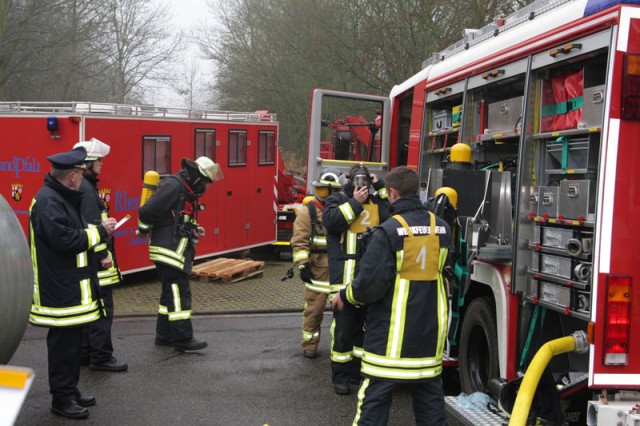
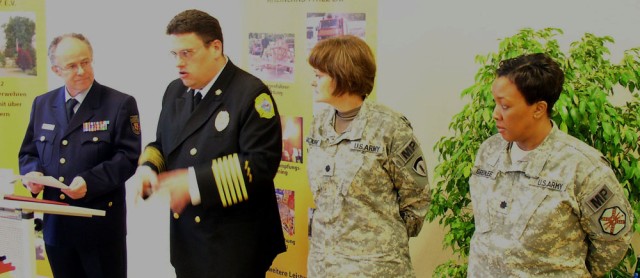
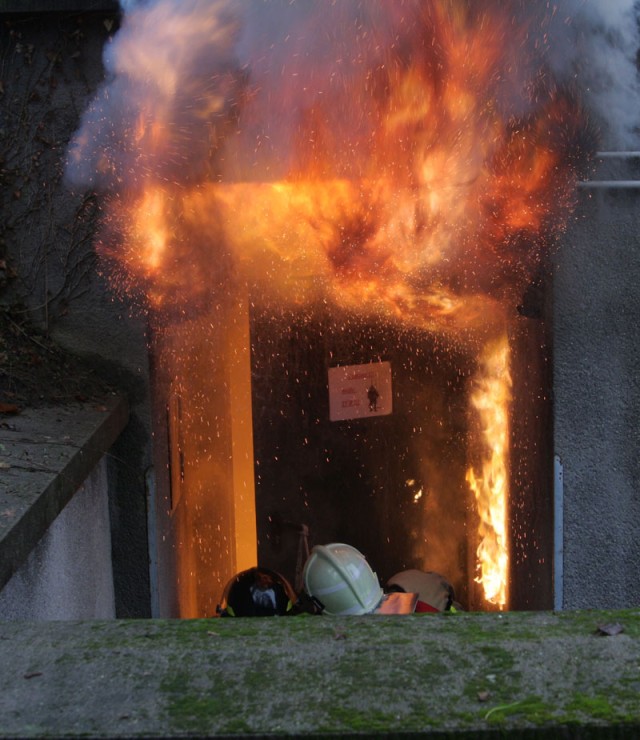
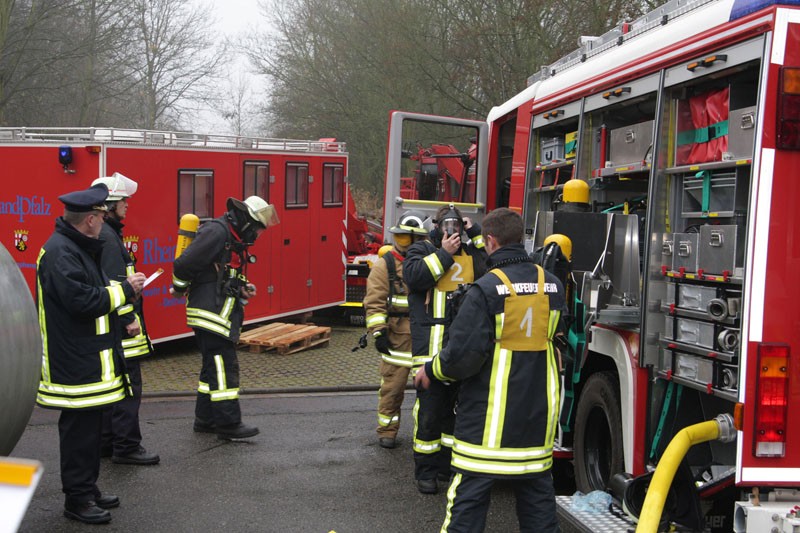
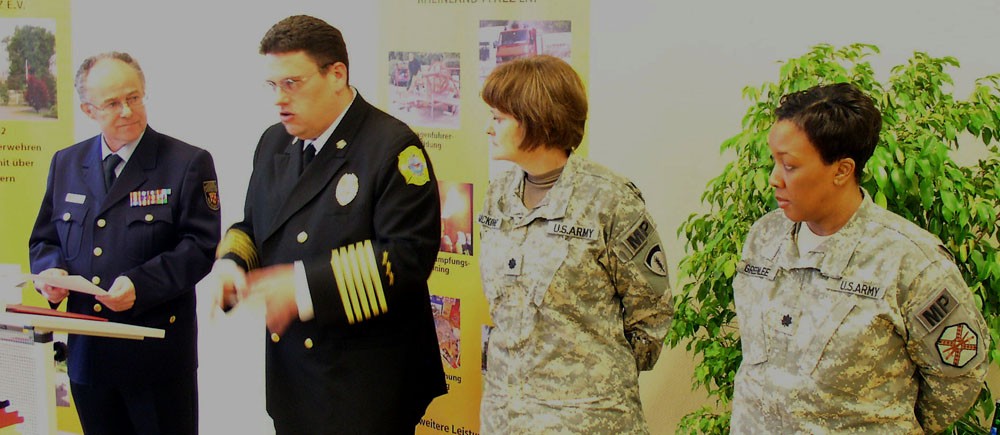
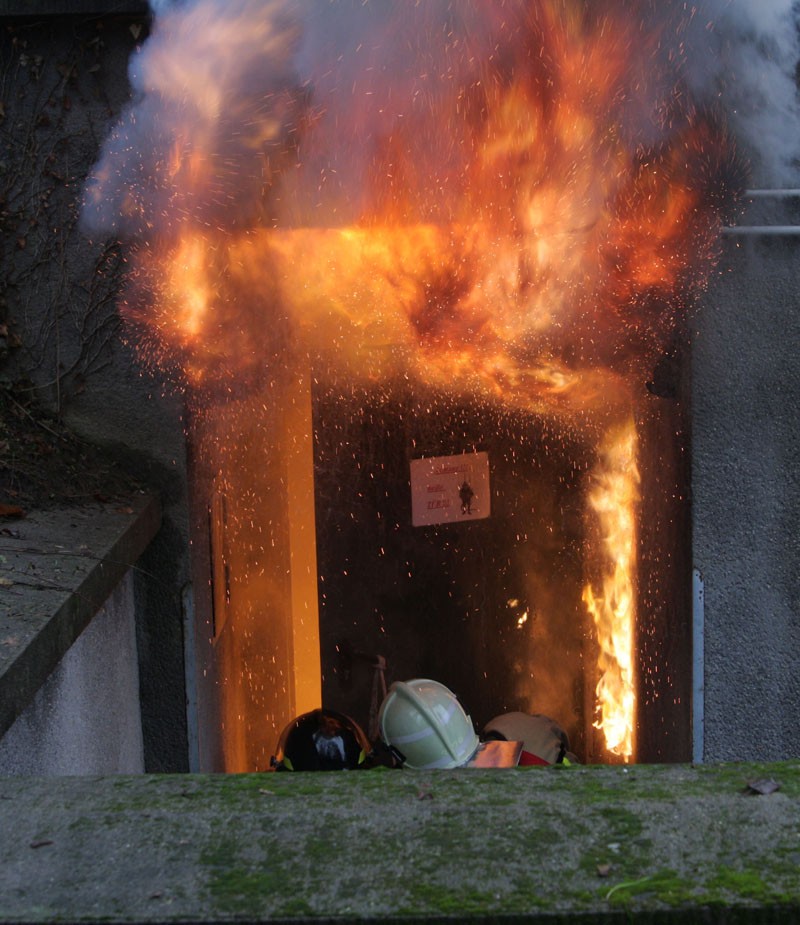
Social Sharing